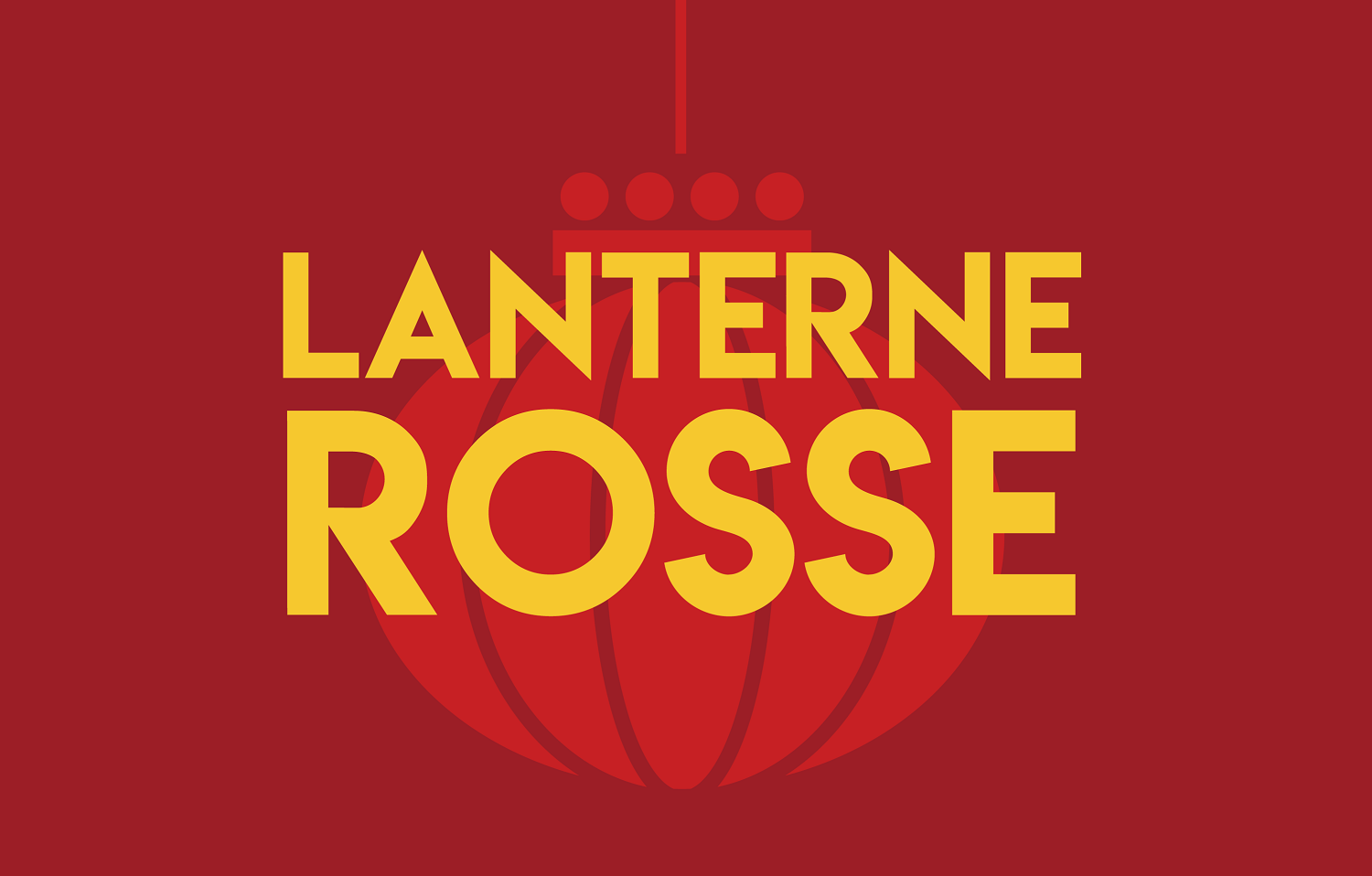Internet-by-satellite: China challenges Elon Musk from Brazil
Shanghai-based SpaceSail wants to reach remote areas of Brazil in the coming years thanks to an alternative to Starlink. The South American country currently relies on Elon Musk's company, but the latter has recently faced off the country’s Supreme Court.
Beijing (AsiaNews/Agencies) – Beijing is set to challenge Elon Musk’s satellite business. China’s SpaceSail recently signed a memorandum of understanding with Brazil's state-owned telecommunications company, Telebras, to provide broadband Internet services to the South American country.
Coincidentally, Chinese President Xi Jinping was undertaking a visit to South America. After attending the inauguration of a Chinese-built mega port and the Asia-Pacific Economic Cooperation (APEC), both in Peru, Xi flew first to Rio de Janeiro for the G20 summit and was then welcomed yesterday by President Luiz Inácio Lula da Silva in Brazil’s capital, Brasilia.
The two leaders, who signed 37 bilateral agreements in various sectors, “are determined to expand our cooperation over the next 50 years in areas such as sustainable infrastructure, energy transition, artificial intelligence, digital economy, healthcare, and aerospace," Lula said on X.
SpaceSail proposes to guarantee Internet connection to remote areas of Brazil thanks to a network currently under construction (called Qianfan or "Thousand Sails") with thousands of satellites that will operate in low Earth orbit (at altitudes of up to 2,000 kilometres above the earth’s surface). The system should be up and running in 2026.
Last year, nearly six million people lacked access to the Internet in Brazil due to limited technological capabilities, high costs and, to a lesser extent, a lack of available services.
The partnership between SpaceSail and Telebras marks the first major success for the Chinese company, which, according to WeChat, is in talks with more than 30 countries.
Through this deal, Brazil, which according to French newspaper Le Monde has granted SpaceSail access to the Alcantara Satellite Launch Centre, hopes to reduce its dependence on Starlink, owned by SpaceX, already active in over 100 countries, with 46 per cent share of the Brazilian market.
In recent months, Musk, who will join the new US administration once Donald Trump takes office as president on 20 January, has been involved in a legal dispute with Brazil's Supreme Court for refusing to appoint a legal representative in the country and for failing to delete some accounts that had deliberately spread false information and hate speech.
Starlink was forced to pay a series of fines; otherwise, it would have lost its licence to operate in the country.
Last month, a Brazilian delegation visited SpaceSail's headquarters in Shanghai. “I was impressed and excited about the new technologies that SpaceSail can bring to Brazil,” wrote Brazil’s Communications Minister Juscelino Filho in a post on X.
“What we are working on is so that Brazilian society can have options of more than one company offering the service that is essential and fundamental for the population today, especially in remote areas," Filho told CNN Brasil.
SpaceSail, which also operates under the name of Shanghai Spacecom Satellite Technology, aims to launch 15,000 spacecraft by 2030, Chinese state media report.
The company, which secured US$ 925 million in government funding in February, has so far launched two batches of 18 satellites, one in August and one in October, but expects to have more than 600 in orbit by the end of next year.
The Chinese government has repeatedly emphasised Starlink's role in defending Ukraine against Russia.
Satellite technologies have in fact potential applications in the military field and several weapons manufacturers have begun to focus on launching satellites into space. Brazil's armed forces are also Starlink customers.
Qianfan, however, is only one of several Chinese projects challenging Starlink in the conquest of the earth’s overcrowded orbit. Experts note that at least 9,000 satellites are currently orbiting around the Earth, which should rise to 40,000 by 2030.
The China Satellite Network Group, for example, has developed the Guowang network, also known as SatNet, which is expected to consist of 13,000 satellites; however, its construction has not yet begun.
RED LANTERNS IS THE ASIANEWS NEWSLETTER DEDICATED TO CHINA. WOULD YOU LIKE TO RECEIVE IT EVERY THURSDAY? TO SUBSCRIBE, CLICK HERE.
21/01/2018 18:56
21/01/2018 14:55







.png)










